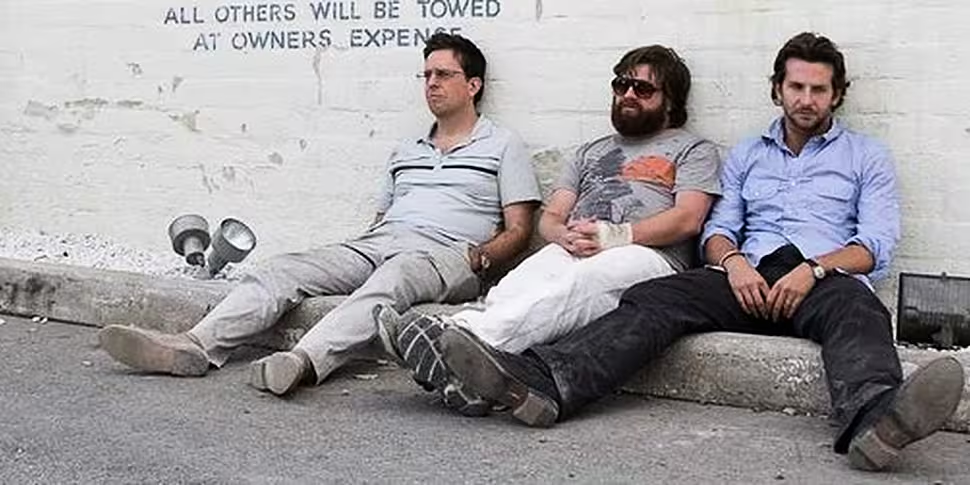While thoughts about the weekend might seem like a futile exercise on a Tuesday, with Wednesday’s hump still looming on the horizon, it’s worth taking a moment to reflect on the wonder of the two days of rest most of us avail of. Particularly when confronted with the bitter truth that despite the frantic pace of modern life, our ancestors only had one day off. Thankfully, their drinking habits that saw them seeing double also saw the weekend double in length.
When it comes to the structure of the modern working week – the classic five-two model we all know should really be four-three – a number of different factors played a role in shaping it as we know it. Religious practices, labour laws, and a growing understanding of the value of relaxation all influenced the weekday pattern, but as the Discovery website Seeker adds, the two-day weekend owes a huge debt to the heavy drinkers of Industrial Revolution-era Britain. Saturday and Sundays became days of morning afters, with the need to overcome hangovers bringing nations to a two-day standstill.
“In the 19th century, the Britons started using Sabbath days for enjoyment instead of religion,” revealed host Trace Dominguez, using “enjoyment” as a polite synonym for copious alcohol consumption. If you thought Monday mornings were hard in 2016, imagine a world where home-brewed drinks, thumping hangovers, and no breakfast rolls came after just one day off.
It would be enough to make you stay home – which is what happened, with Monday absenteeism a crippling problem for nascent factories across industrial nations. The problem was so widespread that it became known as ‘Saint Monday’, a wholly miserable day of headache, self-loathing, and recovery. As such, factory owners started to rethink their options, offering employees a half-day on Saturdays if they agreed to turn up for work on Monday.
Religious authorities and their supporters also joined the call, hoping that time off on Saturdays would curtail the habit of drinking on Sundays, an affront to many religions. By the end of the 18th century, most factories were closing shop on Saturday afternoons, creating time for households to do housework or laundry and leading to the creation of Saturday evening dances. Sundays were reclaimed for sober reflection and religion. Labour legislation, limiting the length of the workday and codifying the working week as we know it today, spread the practice all over the world.









